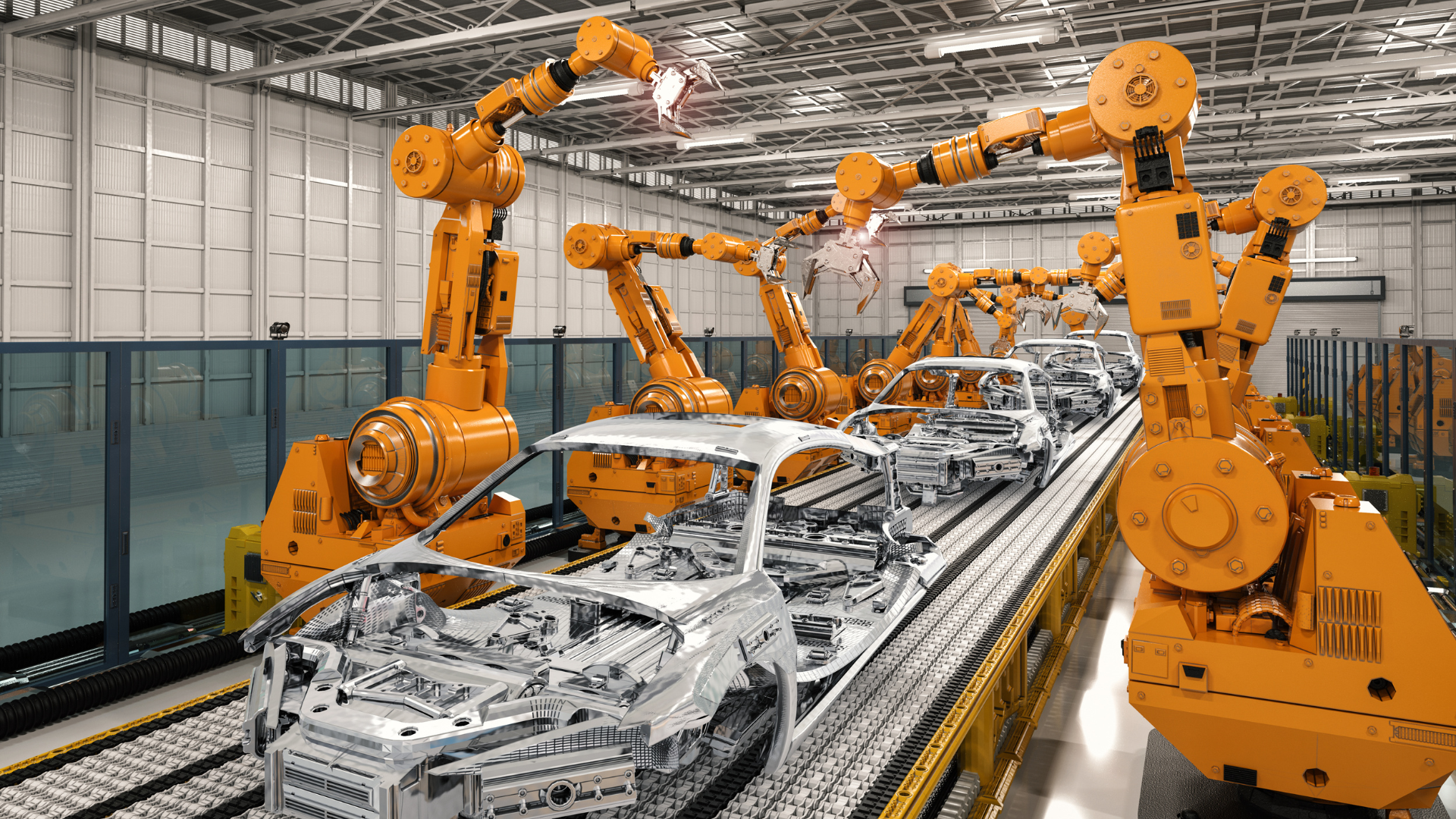Press Release: New Report: American Automakers Score Straight Zeros on Green Steel
American automakers underperforming on clean steel and aluminum
Ariana Criste

For immediate release
New Report: American Automakers Score Straight Zeros on Green Steel
American automakers underperforming on clean steel and aluminum
March 7, 2023 – Today, a diverse coalition of climate, environment, and human rights organizations announced the launch of an auto supply chain industry Leaderboard. The Leaderboard analyzes the publicly available reporting of 18 leading global automotive manufacturers, ranking their efforts to eliminate supply chain emissions, environmental harms, and human rights violations. U.S. automakers Ford, GM, Tesla and Stellanis all received scores of 0% for fossil-free and environmentally sustainable steel.
“As automakers bring more EVs to market, it’s crucial they address the serious environmental and social harms throughout their supply chains. The majority of automakers have a long way to go to make their supply chains equitable, sustainable, and fossil free. Among the most disappointing findings: Only two companies have made progress on setting targets for the use of fossil free sustainable steel, despite that nearly 75% of steel currently manufactured is made by coal-powered blast furnaces that emit pollutants linked to increased rates of cancer, asthma, and other illnesses,” said Erika Thi Patterson, auto supply chain campaign director, Public Citizen’s Climate Program.
U.S. automakers are also absent from the list of companies engaging in multi-stakeholder initiatives ResponsibleSteel and Steel Zero. These results underscore how American automakers are falling behind European leaders like Volvo, which received industry-leading scores of 54% for fossil-free and environmentally sustainable steel and 35% for fossil-free and environmentally sustainable aluminum.
“As the transition to electric vehicles eliminates tailpipe emissions, consumers are increasingly concerned about the embodied emissions of auto materials like steel and aluminum,” said Annie Sartor, Aluminum Director at Industrious Labs. “Investing in a clean supply chain is critical for automakers seeking to meet their climate goals and differentiate themselves in a crowded EV market.”
Since the companies were evaluated, GM announced that it will purchase steel from U.S. Steel’s Big River facility in Arkansas. While this is a step in the right direction, that steel is made from high amounts of recycled content and is not suitable for 75% of auto industry applications. Ford Europe signed an MOU for green primary steel, but only for its European operations. Ford US signed an MOU for aluminum from Canada made with hydroelectric power, which can reduce emissions by upwards of 60%.
“Falling behind on investments in clean steel and aluminum is a lemon for legacy American automakers like GM,” said Matthew Groch, Senior Director, Heavy Industry at Mighty Earth. “The new standard isn’t just electric vehicles. It’s electric cars manufactured with local, union-made, low-carbon materials.”
On its most recent earnings call, U.S. steelmaker Cleveland-Cliffs said it is “fully committed” to blast furnaces that use coal to produce steel, repeatedly citing the auto industry in explaining that commitment. However, modern, clean technology alternatives exist today and are under construction in Europe. The Inflation Reduction Act and Bipartisan Infrastructure Law have a combined $6.3 billion allocated to industrial decarbonization that can be used for these investments. The funding application is expected to open in March. However, no U.S. steel companies have publicly announced plans to apply for funding.
“As the biggest end market for the leading primary steel producer in the U.S., the automotive industry must leverage its influence and purchasing power to accelerate the transition to green steel,” said Hilary Lewis, Steel Director at Industrious Labs. “With new federal funding available, the U.S. has a unique opportunity to make meaningful investments in green steel, create jobs and reduce harmful pollution.”
This Leaderboard is part of a new global campaign called “Lead The Charge”, which seeks to raise awareness of the human rights, climate, and environmental impacts that occur throughout auto supply chains, focusing in particular on steel, aluminum and batteries, and to encourage automakers to radically transform their supply chains to be equitable, sustainable and 100% fossil free in the EV transition.
For more information about the campaign, visit https://leadthecharge.org/
###
About Lead the Charge
Lead the Charge is a diverse network of local, national, and global advocacy partners working for an equitable, sustainable, and fossil-free auto supply chain. Organizations that have contributed to its development include Cultural Survival, Earthworks, First Peoples Worldwide, Industrious Labs, Investor Advocates for Social Justice, Mighty Earth, Public Citizen, Sierra Club, Solutions for our Climate (SFOC), Transport and Environment (T&E), The Sunrise Project and others.